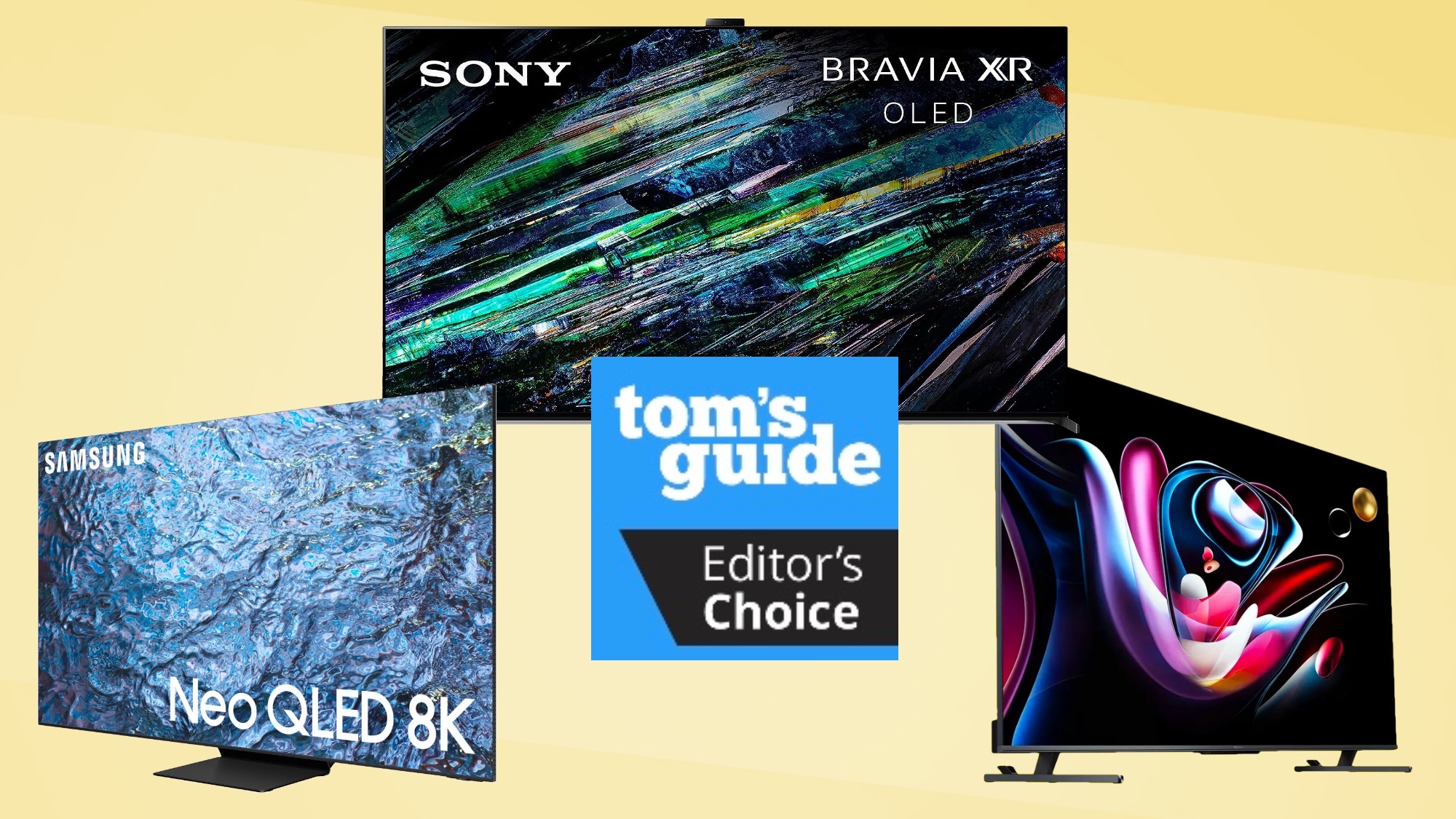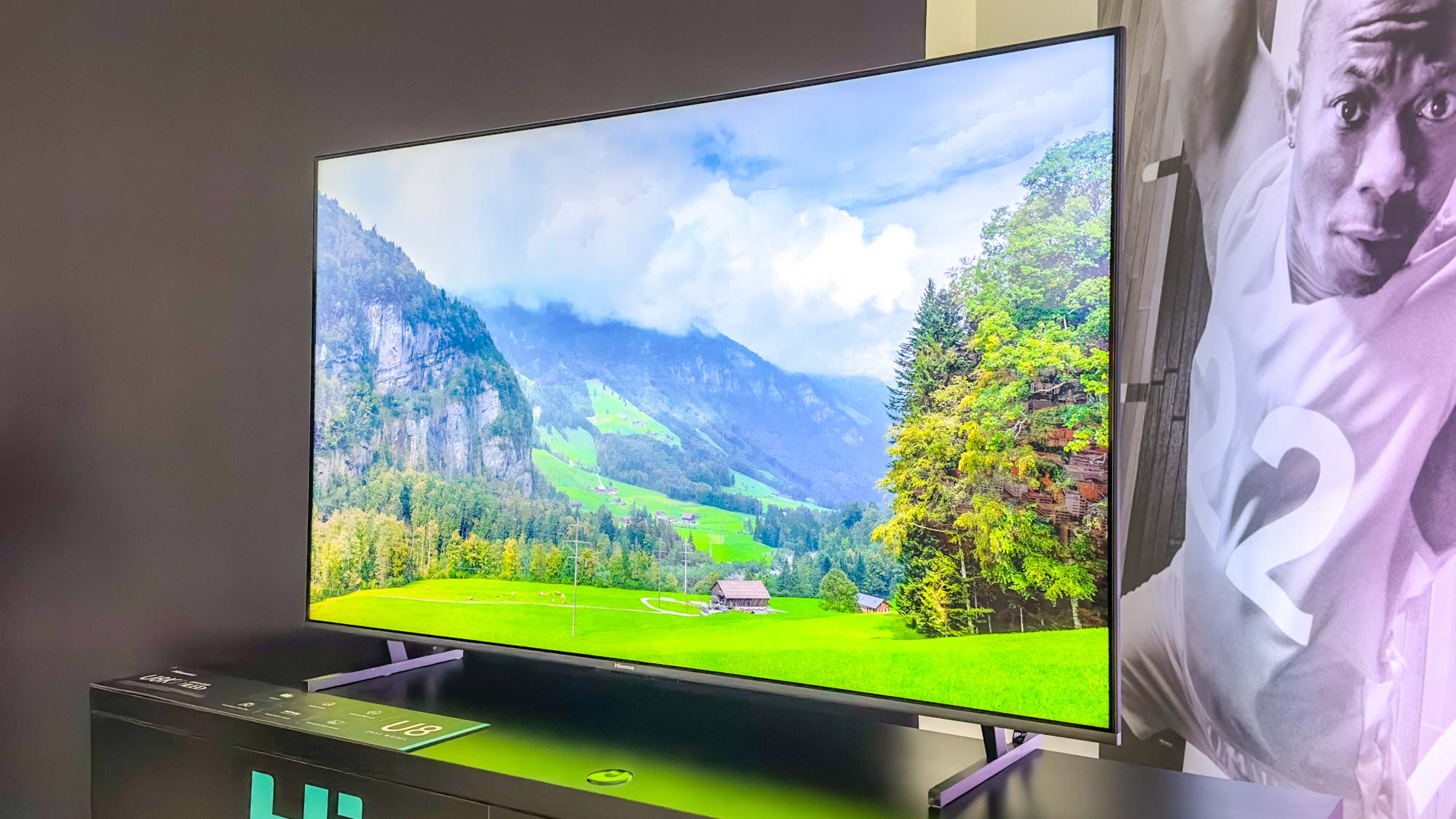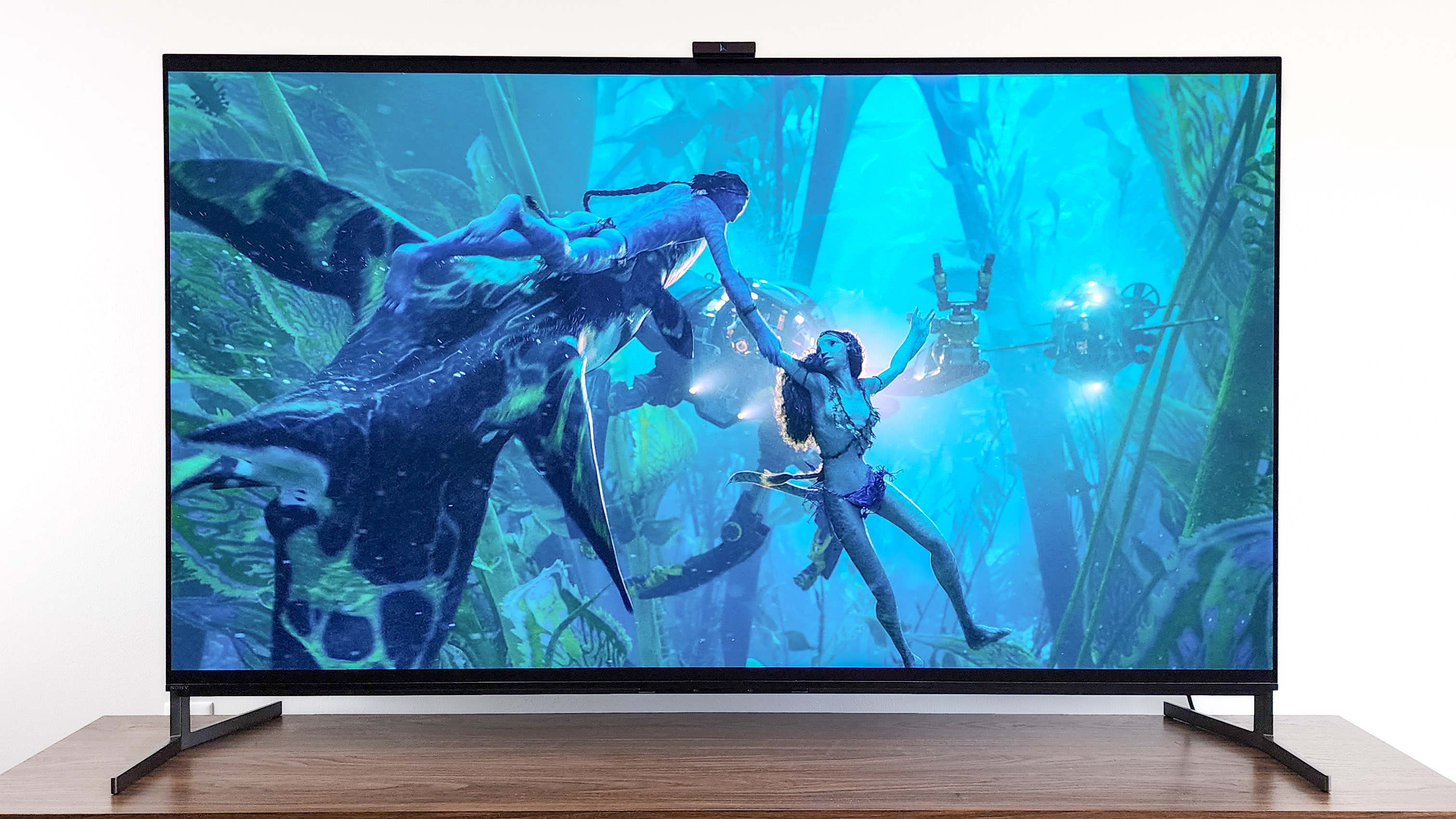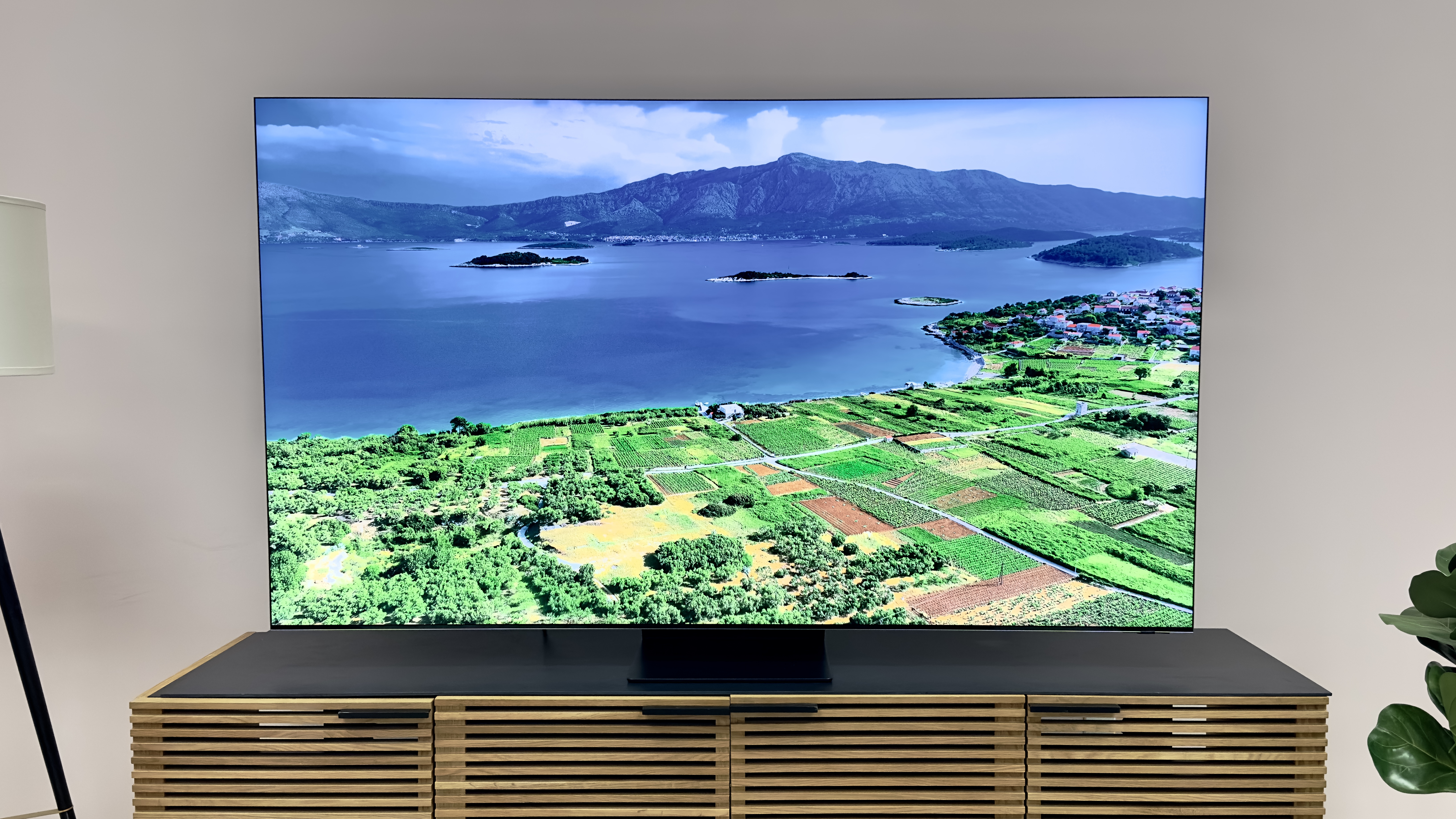
I really love my job: I review the best TVs in the world for a living.
Now before you ask, yes, it’s a lot harder than just sitting around bingeing Netflix all day. It requires taking time to meet with engineers from Samsung, Sony, LG and more, investigating claims through thorough hands-on lab testing, and, of course, writing articles like these. But it’s not a job that I would trade for anything.
In any given year, I get to see about three to four dozen TVs, both at various trade shows like January's annual CES event and at home when TV makers ship me TVs for review. It can be hard keeping your Samsung QN65QN90CAFXZAs separated from your Sony XR-65X90Ls, but I'm more than willing to be that guy.
So of the dozens of TVs I saw this year, which ones really stood out? Easy, it's the Hisense U8K, the Sony A95L OLED and the Samsung QN900C 8K QLED. There are other models that made our list of the best TVs in 2023, but those three really made this a memorable year to cover TVs.
Hisense U8K: The best TV for most people

At times, writing about TVs can feel like I’m writing about wine. Sure, the performance improves incrementally the more money you spend on them — a trait they share with an aged Bordeaux — but most folks really just want something that’s affordable and great. For me, that’s the Hisense U8K to a tee.
The U8K is a TV that just feels like it can effortlessly play any type of content and make it look good. Games look great on it. Sports look great on it. Movies — especially those shot in HDR — look truly phenomenal on it.
As I said in my Hisense U8K review, the reason that the U8K succeeds on so many levels is the Mini-LED Pro with Full Array Local Dimming panel that helps the TV retain good black levels in scenes with higher levels of brightness. A quantum dot layer allows the Hisense U8K to cover a groundbreaking 80% of the Rec2020 Color Space.
Even if you don’t understand what’s happening behind the scenes here, what the Hisense is delivering is exceptional contrast and color vibrancy for less than $1,000. While there are certainly cheaper TVs that came out in 2023 — like the even-cheaper Hisense U6K — the U8K offers the performance of a $2,000 TV at half the price.
Sony Bravia A95L OLED: The dream TV

I’ve never been more tempted to buy a TV than I have been with the Sony Bravia A95L OLED. In my eyes, it’s the ultimate home theater TV.
So why don’t I already have one? Well, for just a 55-inch screen it’s around $2,800 while the model I want — the massive 77-inch Sony XR-77A95L — comes in at around $5,000. Unfortunately there’s just no room in my budget to spend five grand on a new OLED TV, but that doesn’t stop me from dreaming about it.
The Sony Bravia A95L OLED is a TV that excels in every category. Its black levels are perfect. Its contrast is record-setting. Its color accuracy? Top notch. It has probably the best motion handling and upscaling capabilities of any TV on the market and it comes with an ATSC 3.0 tuner so it’s fully prepared for the rollout of NEXTGEN TV.
There’s two minor issues with it that led us to give the Bravia A95L a 4.5 out of 5 rating on our review — the relatively high input lag and limited HDMI 2.1 port selection. But these are ultimately insignificant when you actually see Sony’s OLED in action. It’s an utterly hypnotizing, devastatingly beautiful TV.
Samsung QN900C 8K QLED: A TV that's living in 2024

Technology moves so fast that it’s hard to stay caught up — even when it’s your full-time job to do so. Take the Samsung QN900C 8K QLED TV, for example. We barely even have live over-the-top 4K TV content but that didn’t stop Samsung from making a stunning, future-proof 8K TV set in 2023.
Just take a look at some of the specs on it: The Samsung's QN900C comes built-in with a 6.2.4-channel 90W speaker system (that's 12 speakers, folks) that works alongside Samsung's Object Tracking Sound Pro tech. The 85-inch version of the screen uses Samsung’s cutting-edge Neo Quantum HDR 8K Pro processor for four times the upscaling power compared to 4K TVs.
For gamers, the QN900C supports variable refresh rates (VRR) and auto low-latency mode (ALLM), as well as FreeSync Premium, meaning no dropped frames or screen tearing. Additionally, refresh rates of up to 144Hz are available for PC gamers.
Our reviewer, Stephen Lambrechts, said it best: "The Samsung QN900C QLED is so stacked with features, some may see it as bordering on overkill." It is overkill. And I absolutely loved seeing it in action earlier this year.







